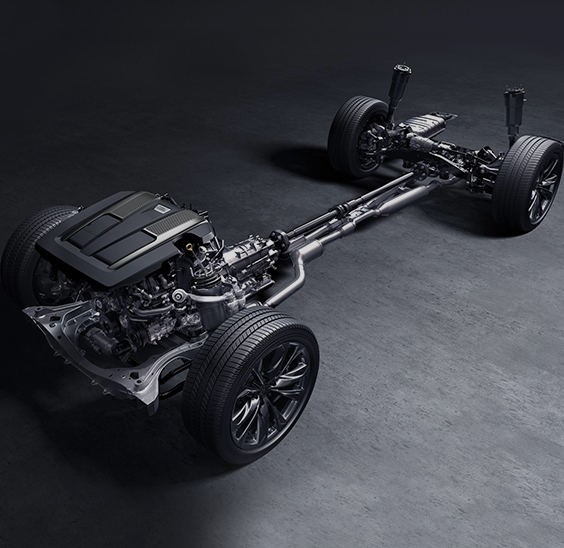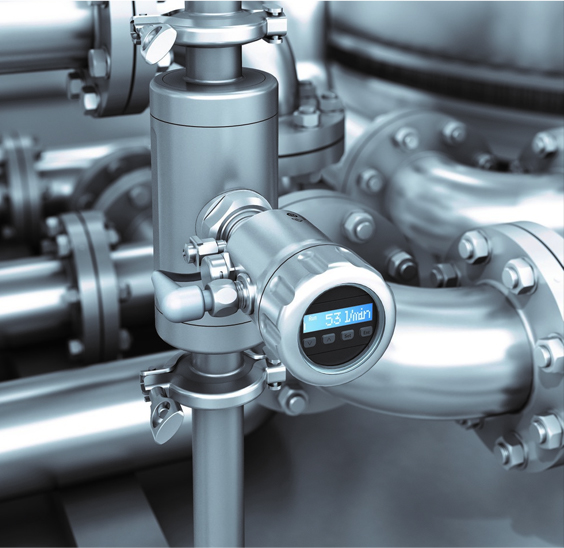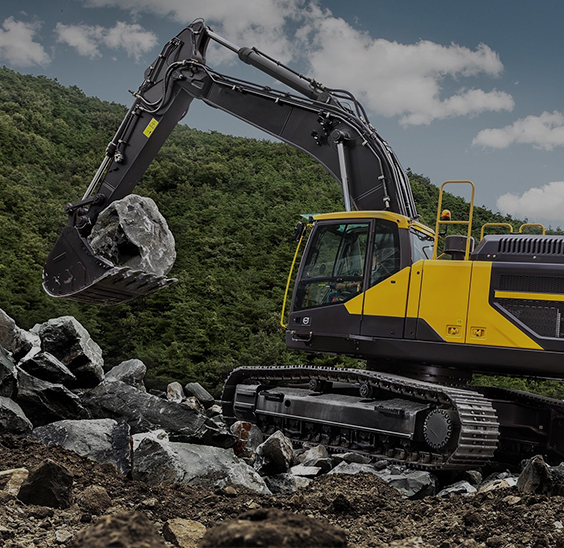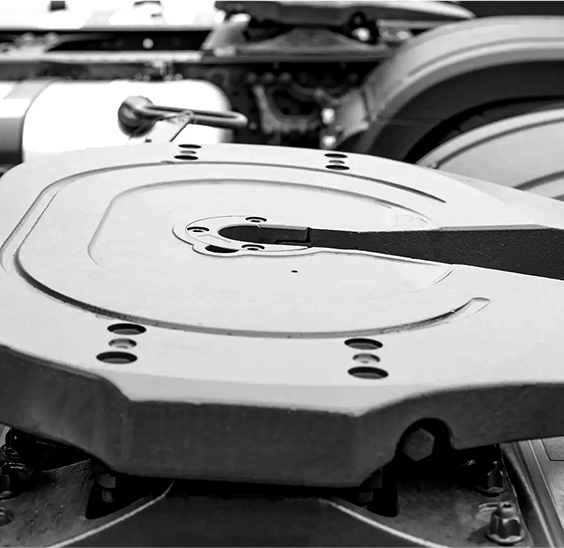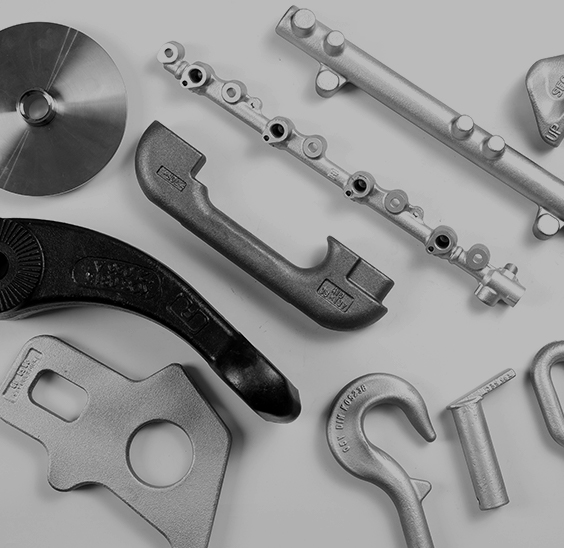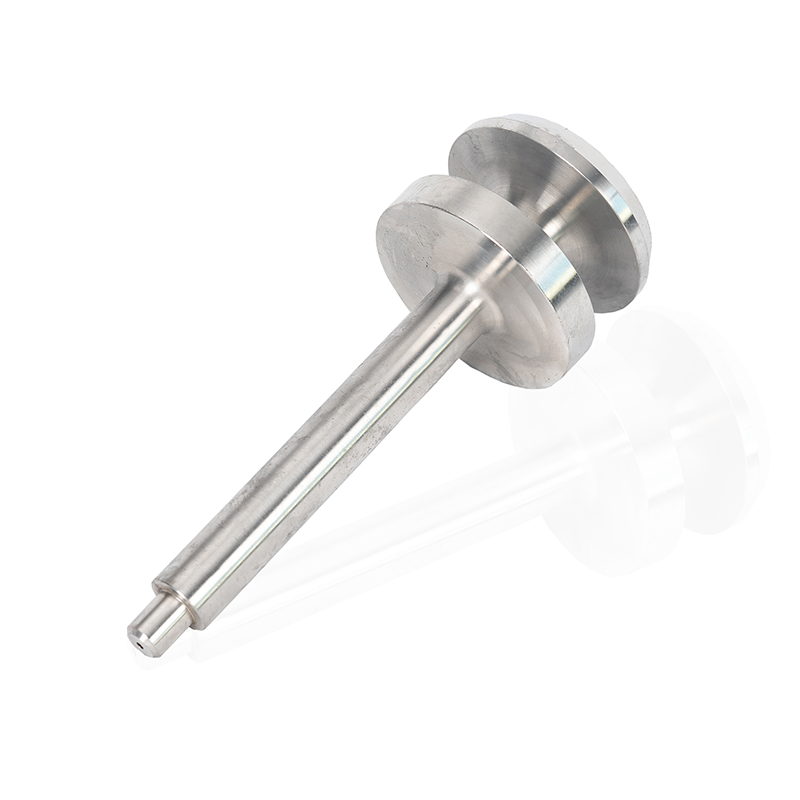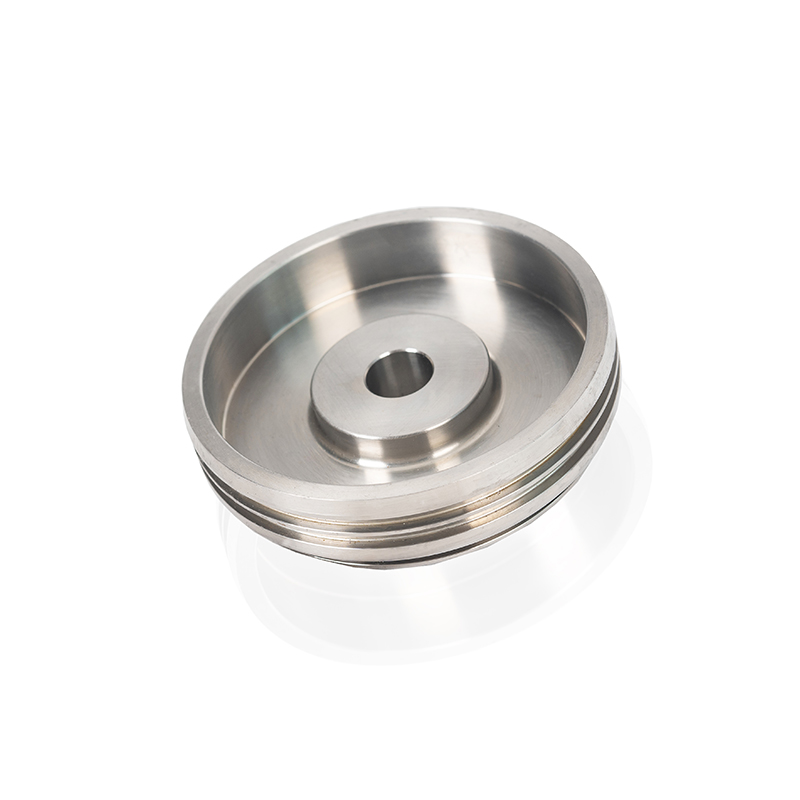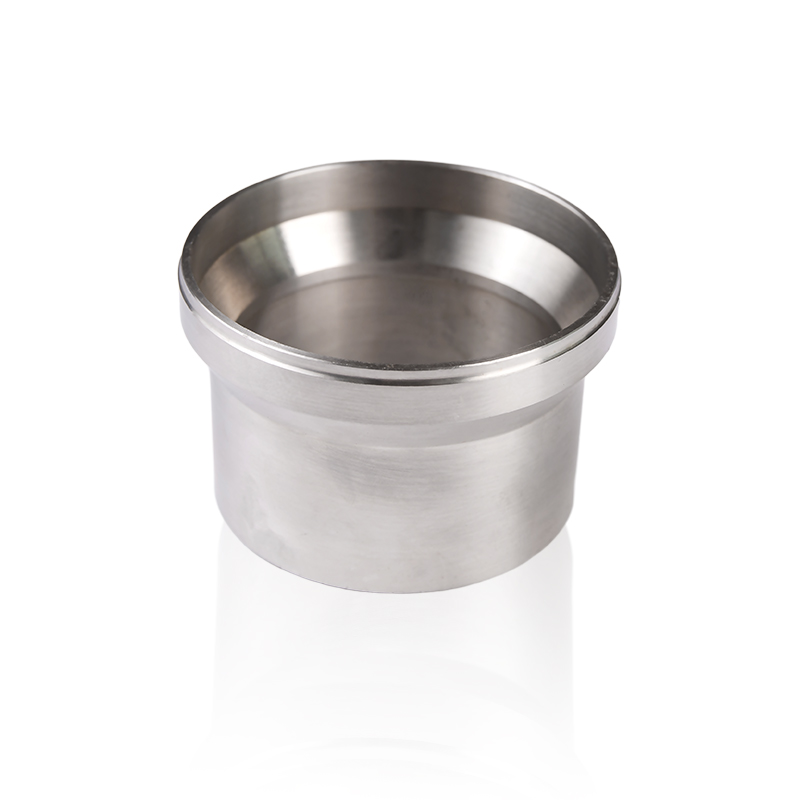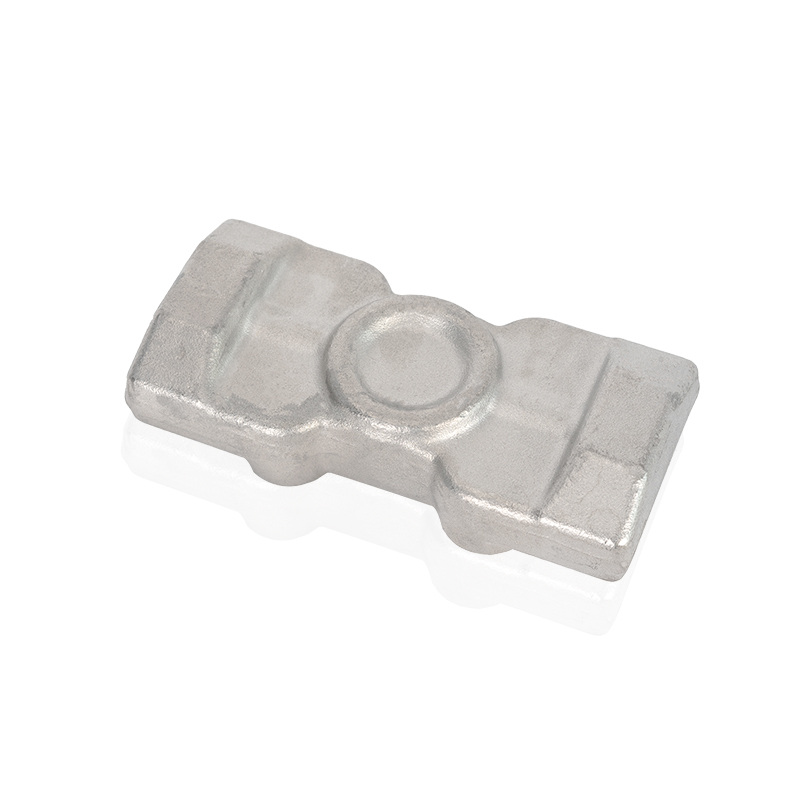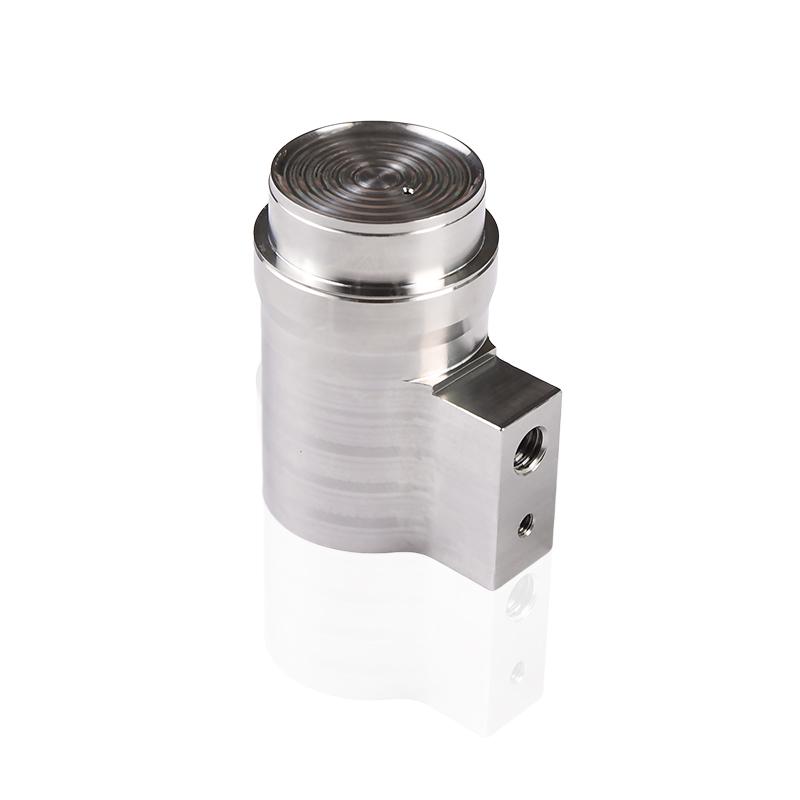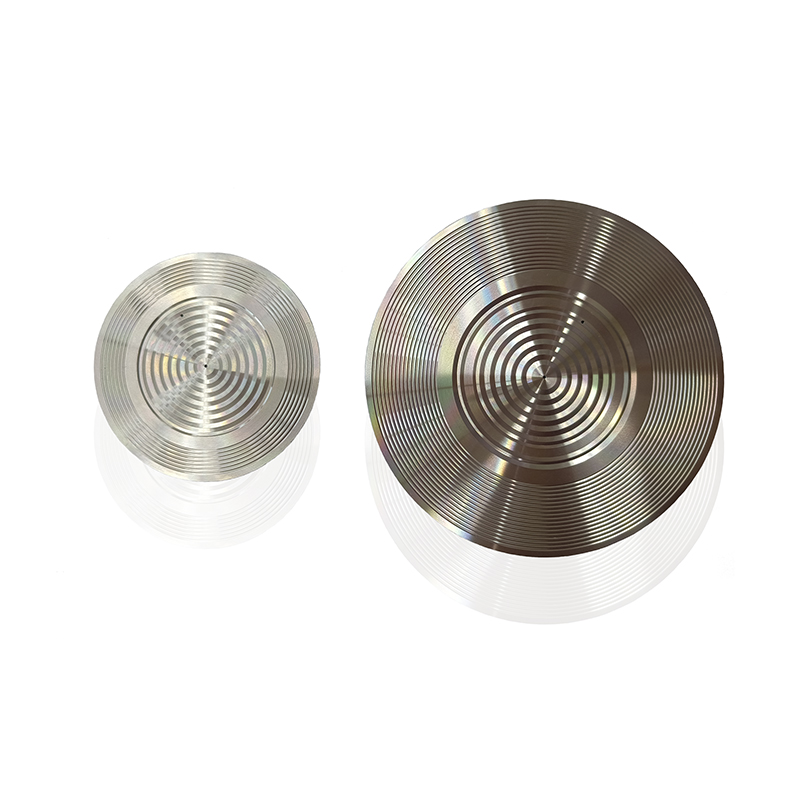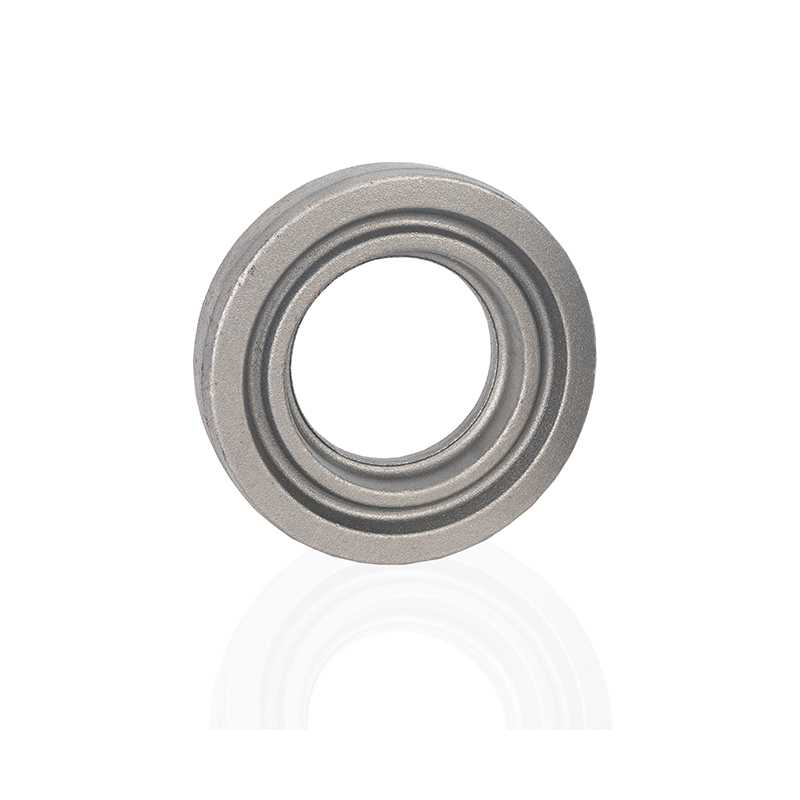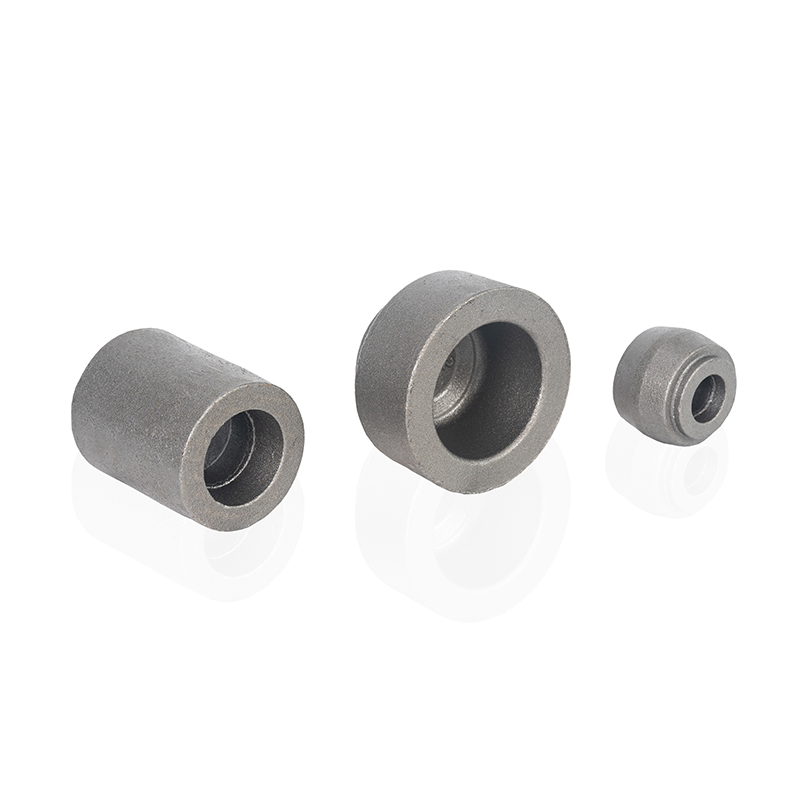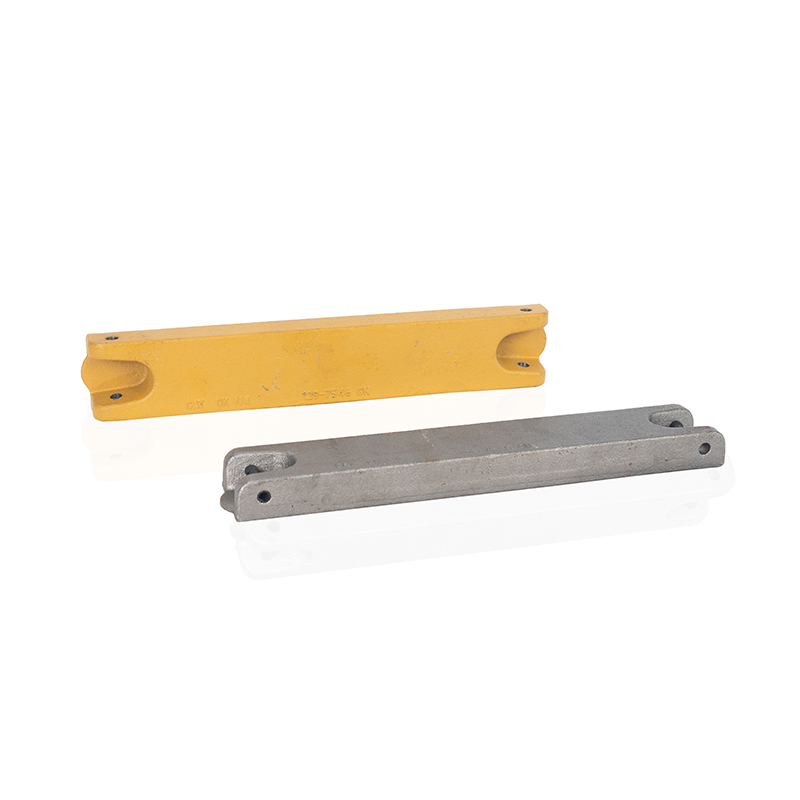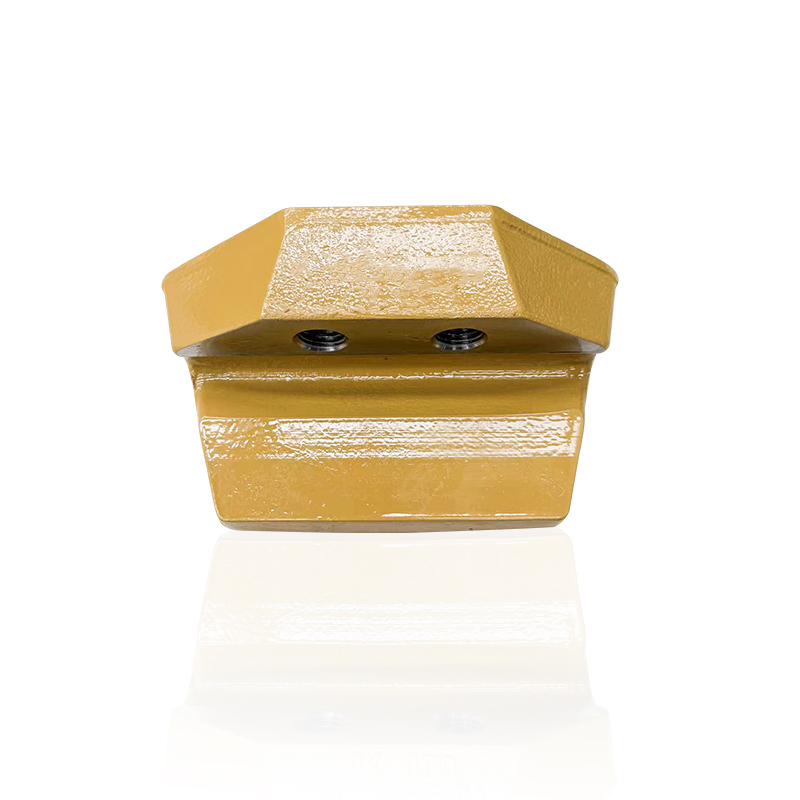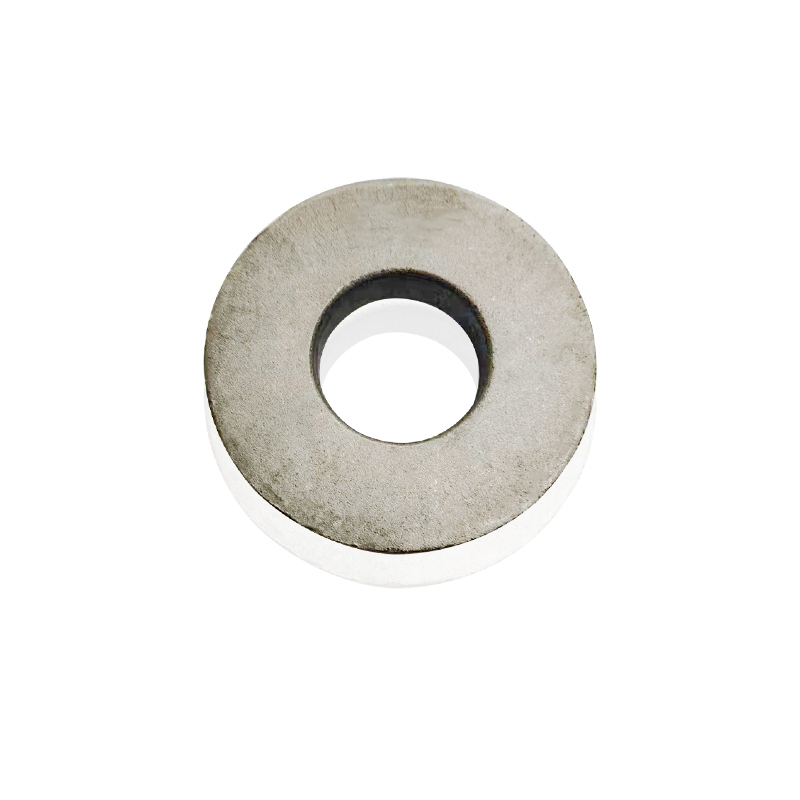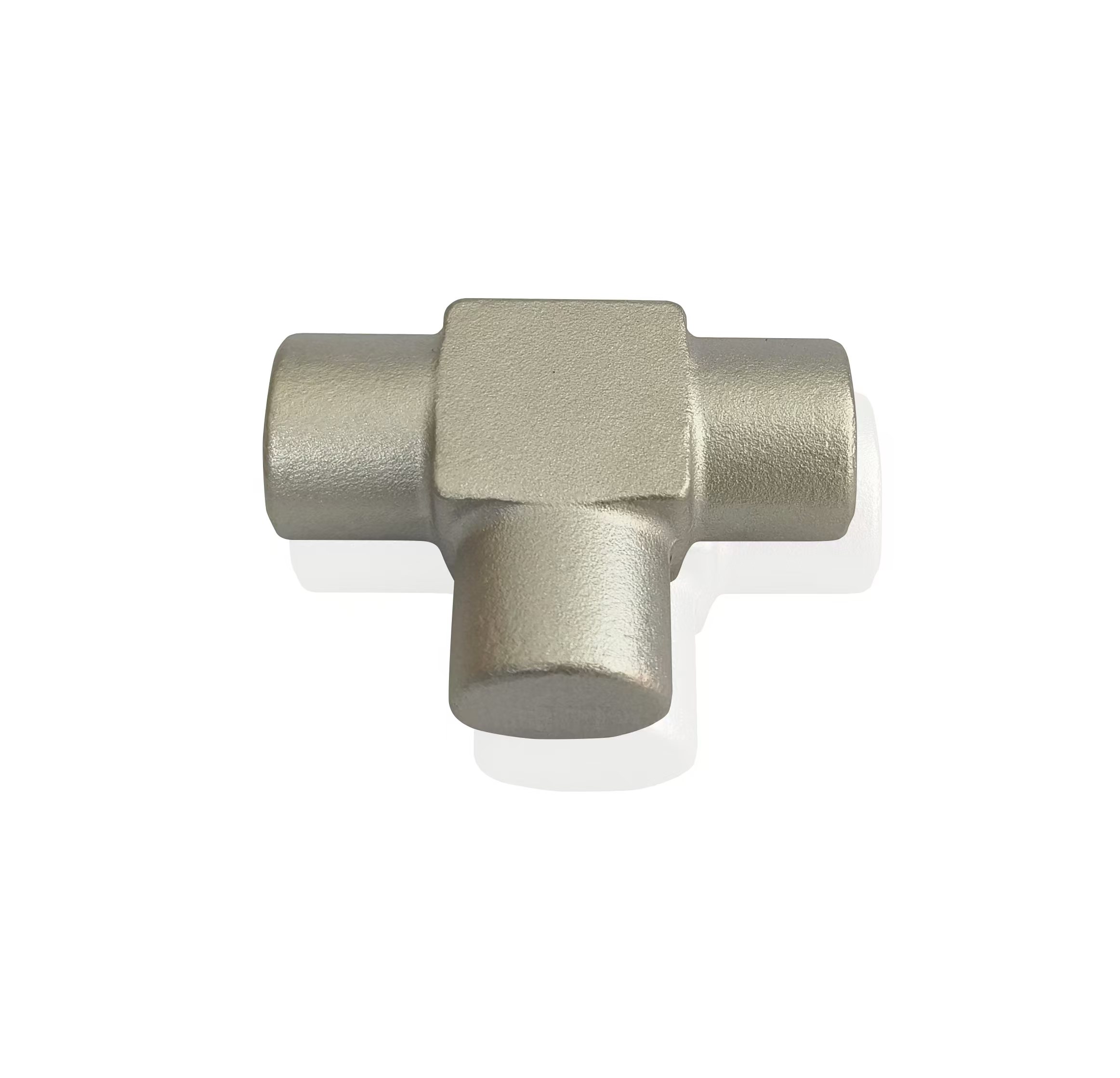How Material Choice Impacts Weld Yoke For Car Drive Shaft Performance, Durability, and Cost
 2025.04.28
2025.04.28
 Industry news
Industry news
When it comes to designing and manufacturing a Weld Yoke For Car Drive Shaft, few decisions are as critical—or as underestimated—as material selection. Choosing the right alloy is not just a matter of ticking boxes on a spec sheet; it directly determines how well the component performs under real-world stress, how long it lasts, and how economically it can be produced at scale. Whether you're an OEM or aftermarket supplier, understanding the trade-offs between materials can help you build more reliable, competitive driveline assemblies.
The most commonly used materials in welded yoke manufacturing are high-strength alloy steels, such as 4140, 4340, or 8620. Each of these has a distinct blend of carbon, chromium, and molybdenum that affects its hardness, ductility, and tensile strength. For example, 4140 steel is prized for its toughness and fatigue resistance, making it a solid all-rounder for a wide range of automotive applications. On the other hand, 8620 is often selected for its excellent case-hardening capabilities, allowing the surface to be hardened while maintaining a ductile core—ideal for parts subject to surface wear and impact.
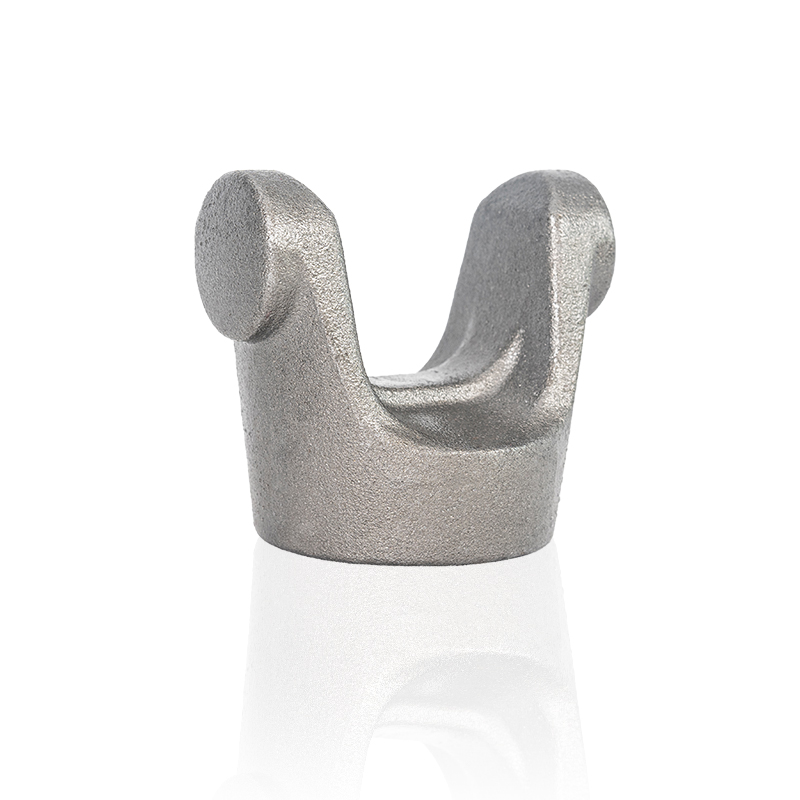
But strength isn’t the only metric that matters. Weldability is equally critical when it comes to manufacturing a Weld Yoke For Car Drive Shaft. Some alloys respond better to high-precision welding techniques like MIG or TIG, while others require preheating or post-weld heat treatments to prevent cracking and distortion. Material choice directly influences how smoothly these manufacturing steps go, which in turn impacts throughput and defect rates—key concerns in any high-volume production line.
Cost is another factor that can’t be ignored. While higher-grade materials can provide superior performance, they also come with a price tag. Savvy buyers look at total lifecycle value rather than just unit price. A more expensive alloy might reduce warranty claims, extend service intervals, or allow for lighter designs without compromising structural integrity. In other words, the right material can pay for itself over the long haul, especially in demanding drivetrain environments where the yoke is subjected to constant torque and misalignment.
Corrosion resistance is yet another area where material selection plays a big role, especially in markets where vehicles operate in harsh climates or are exposed to road salts. Certain alloy compositions provide better protection against oxidation, while others require additional surface treatments like zinc plating or powder coating. Choosing a material with inherent corrosion resistance can streamline production and reduce maintenance needs—a win for both manufacturers and end users.
Of course, no discussion about materials would be complete without mentioning the growing trend of lightweighting. As automakers aim to improve fuel efficiency and adapt to EV architectures, demand is rising for lighter yet equally strong yoke designs. This has led to increased experimentation with advanced high-strength steels and even composite-metal hybrid approaches. For manufacturers supplying Weld Yoke For Car Drive Shaft assemblies, staying ahead of these trends is essential to remaining competitive in the evolving drivetrain landscape.
At the end of the day, material selection is both a science and an art—balancing mechanical performance, manufacturability, and cost efficiency. With decades of experience behind us, we understand how to guide customers through these choices to ensure every weld yoke we produce meets the highest standards of quality and reliability. If you're looking for a dependable partner in precision driveline components, we’re here to help turn your specifications into success.


